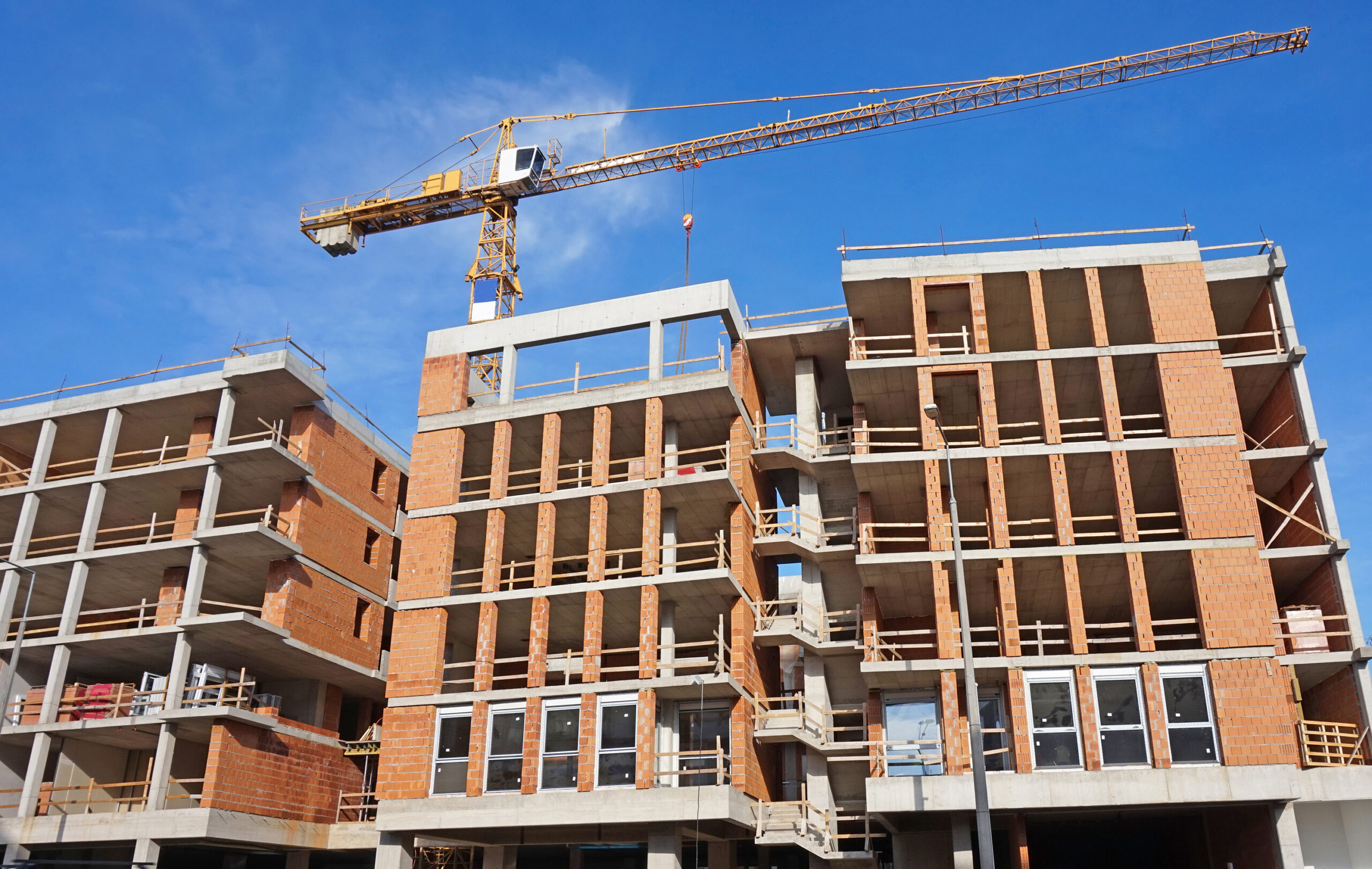By Grant Welker
There isn’t enough new housing being built in the Boston area to suddenly make the region affordable. But builders are finding places to build — mainly in former industrial pockets in such places as Everett and South Boston, as well as relatively less-dense neighborhoods in Allston and Quincy.
Residential developments now under construction range from luxury towers like the Ritz-Carlton rebranded condominiums soon to come to South Station Tower to thousands of units being built between Revere Beach Parkway in Everett and the border with Chelsea.
Even those more affordable options have prices that, given their proximity to downtown, aren’t so likely to seem affordable to everyone. The V2 apartment building that opened in Chelsea last year, for example, advertises studios starting at $2,420. Studios start at $2,605 at The Maxwell a few blocks away in Everett, and $2,625 at The Robinson, which opened last year on Revere Beach.
Notably, almost none of the biggest ongoing residential projects are in the most expensive neighborhoods, like downtown, Back Bay or the Seaport. Everett dominates this roundup of notable ongoing residential construction projects, and for good reason.
The city, just across the Mystic River from Charlestown, near both the Orange and Silver lines, and between I-93 and Route 1, is an easy commute to Boston and adjacent suburbs. It also has a city administration that’s worked to streamline permitting for such developments, and an abundance of low-scale commercial and industrial land where construction can often be cheapest and meet the least community resistance.
This crop of residential projects comes amid a general slowdown in new construction but a few major mixed-use projects bring the potential for thousands more units.
That includes Cambridge Crossing, which has 2.4 million square feet of residential use planned, and the USQ project in Somerville’s Union Square has more than 1,000 units planned. At the former Bayside Expo Center site, the Dorchester Bay City project, which has received initial permitting but hasn’t yet begun construction, calls for 1,957 units. Another 636 units are slated to be included at the 776 Summer project in South Boston on the site of a former power plant now being demolished.
The biggest by far is slated to be the Suffolk Downs redevelopment on the Revere–East Boston line, where 10,000 units are eventually envisioned.
The pace of new construction in the Boston area, adding just over 10,000 new units last year, does not make the region a standout nationally.
In fact, despite — or perhaps because of — the area’s sky-high prices, the Boston area ranked only 33rd nationally last year by the number of housing units approved for construction, according to the Census Bureau. Greater Boston is 11th nationally by population but trails smaller regions in new-home growth, including Raleigh, North Carolina; Columbus, Ohio; and Portland, Oregon. Houston added nearly seven times as many homes.
Although Boston doesn’t have major ongoing projects in its densest neighborhoods, it does stand out nationally in the rate of how many new units are in larger projects, compared to single-family developments. Across the Boston area, 32% of new homes are single-family, roughly in line with places like Miami and New York, and far different than places like Charlotte, Houston or Orlando, where more than 60% of development is single-family.


